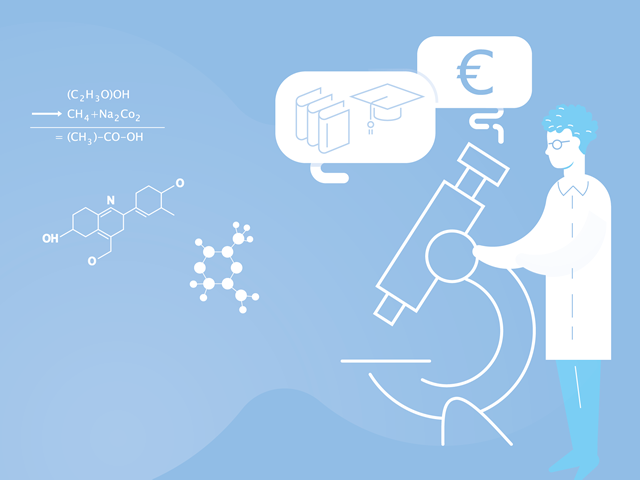
The academic sector plays an important role in the development of innovative medicines. Their scientific research is often at the source of novel methodologies and innovative medicines with a potential to benefit patients with rare diseases.
Early interaction with EU regulators is important for academia to understand the regulatory requirements and allow the generation of robust evidence needed to establish the medicines’ benefits and risks. This helps them to navigate the regulatory process and ultimately to translate their discoveries into authorised, patient-focused medicines.
However, feedback from academia showed that fees for protocol assistance (scientific advice for orphan medicines) represent a hurdle to engage with EMA.
In light of these findings and the actions foreseen in the Agency's framework of collaboration with academia, the Regulatory Science Strategy to 2025 and the EMA SME action plan, EMA decided to include academia in the list of organisations PDF iconeligible for free protocol assistance as of 19 June 2020 .
Eligible applicants will include public or private higher education establishments awarding academic degrees, public or private non-profit research organisations whose primary mission is to pursue research, and international European interest organisations. These entities should not be financed or managed by private for-profit organisations in the pharmaceutical sector or have concluded any agreement with pharmaceutical companies concerning their sponsorship or participation in a specific research project for which a fee exemption is sought.
Fee incentives for orphan medicines are described in the ' PDF iconExplanatory note on general fees payable to the European Medicines Agency '.







